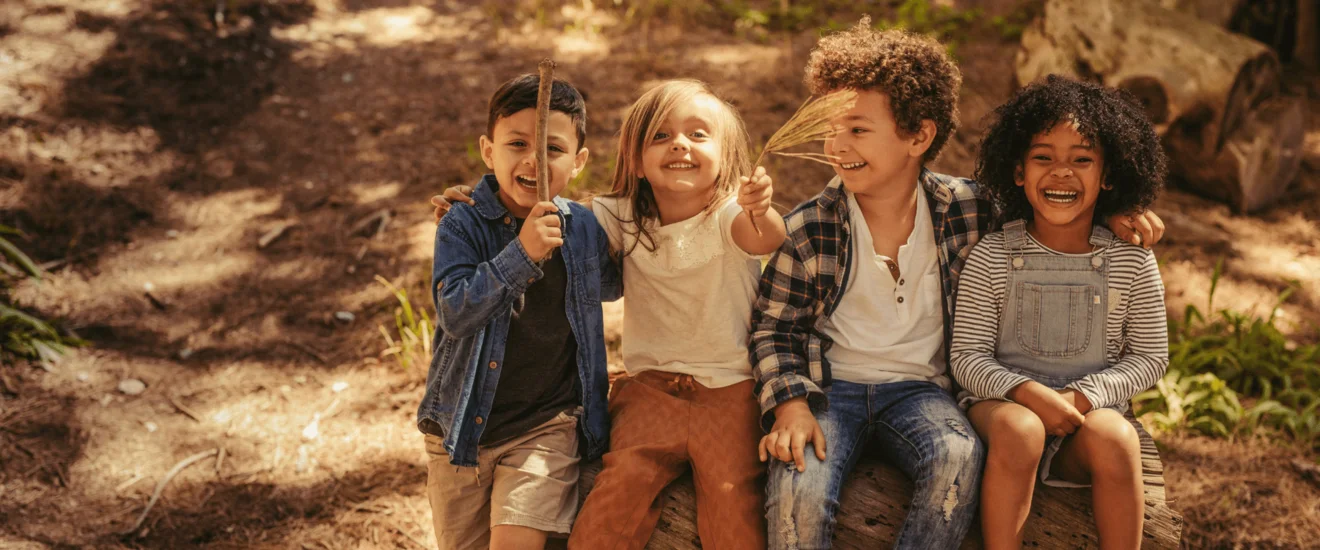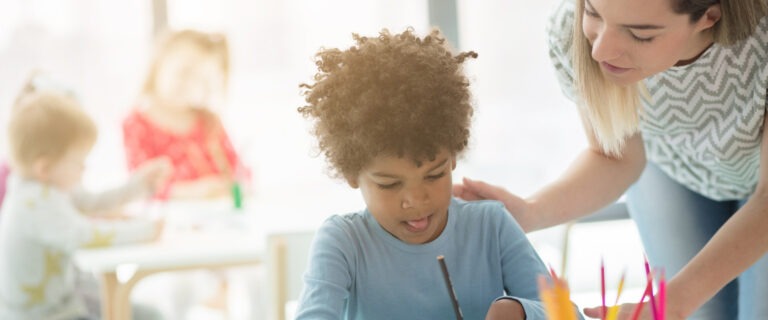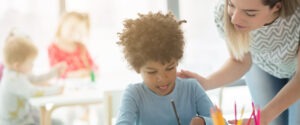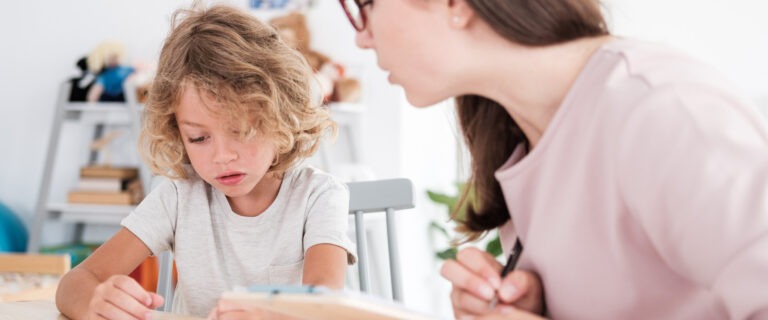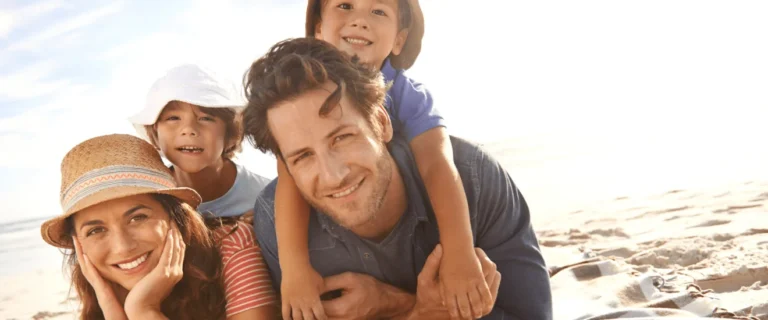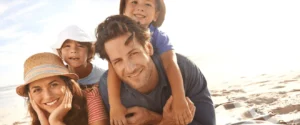An important part of making friends comes from having age-appropriate social skills. However, many children diagnosed with autism spectrum disorder (ASD) struggle with this.
Imagine trying to make friends when you have trouble reading social cues such as body language, facial expressions, and tones of voice. This is why many children diagnosed with ASD may benefit from a social skills training program (SST).
How can a social skills training program help children with autism develop friendships?
It may be difficult to figure out how to help children with autism make friends, which makes a social skills training program for autism ideal.
But first, what are social skills?
Social skills are the skills we use to communicate and interact with each other. Social skills include verbal and non-verbal communication, through gestures, body language, and personal appearance. Children often learn social skills the same way they learn language skills; easily and naturally. Over time, a child will build a social map that can guide them in how to act in social situations.
For many children diagnosed with ASD, social skills don’t come easily or naturally. It can be harder for them to learn and build these social skills. And they may not be able to create a social map for social interactions.
SST programs can help children with autism by:
- Providing explicit instruction and teachable moments in realistic practice settings
- Focusing on attention and timing
- Teaching behaviors that predict important social outcomes, like friendship
- Supporting communication and sensory integration
- Building cognitive and language skills
When should you consider a social skills training program?
Many children diagnosed with ASD need specific support to learn about social skills and how to engage with family members, friends, and others.
Many studies show that developing social skills in children diagnosed with autism can:
- Increase appropriate peer interactions
- Improve academic performance
- Reduce problem behavior
If this sounds like something that could benefit your child, you can ask your child’s treatment team about SST programs. Also, note that many recommended autism treatment programs, such as speech therapy and occupational therapy already have social skills training built into them.
Making Sure Your Child is Prepared for Social Skills Training
Before considering an SST program for your child it is important that they first have foundational skills to ensure their success. ABA (applied behavioral analysis) therapy is a great option for this. Click here to learn more.
If your child is already receiving ABA therapy be sure to talk to your child’s BCBA about your child’s goals and the skills necessary to be successful in an SST program. Understand if there are activities, such as library outings or playground activities, that can be incorporated to support your child in developing initial foundational skills.
If you’re interested in having your child start ABA therapy to gain the foundational skills needed prior to determining if an SST program would be appropriate you can click here to learn more about the early intervention programs and services offered at Opya.
What else can Parents do to help children with autism make friends?
In addition to SST, you can take several steps to support your child diagnosed with ASD in making new friends, such as:
- Help your child understand what a friend is. Your child needs to know what a friend is before they can make a friend. Ask them questions like, “Do you like being around children who call you names?” and “Do you like being around children who say nice things to you?”
- Practice and repetition. Children diagnosed with autism need more time and repetition to learn a new skill than others. Practicing friendly interactions and how to be a good friend with your child can help them feel more comfortable with the process and give them the confidence to problem-solve any “bumps.”
- Surround your child with peers who share interests. Common interests are important factors in developing and maintaining friendships. For example, if your child with ASD loves art, enroll them in an art class. Make sure these groups have similar-aged peers, so age-appropriate behaviors surround them.
- Use visual models. Children diagnosed with autism often learn better when they can see or read what they’re supposed to do. Writing a script or drawing out the flow of a conversation can help your child understand the basics of maintaining a conversation with a friend.
Click here for even more information on how to help your child with autism make friends!
